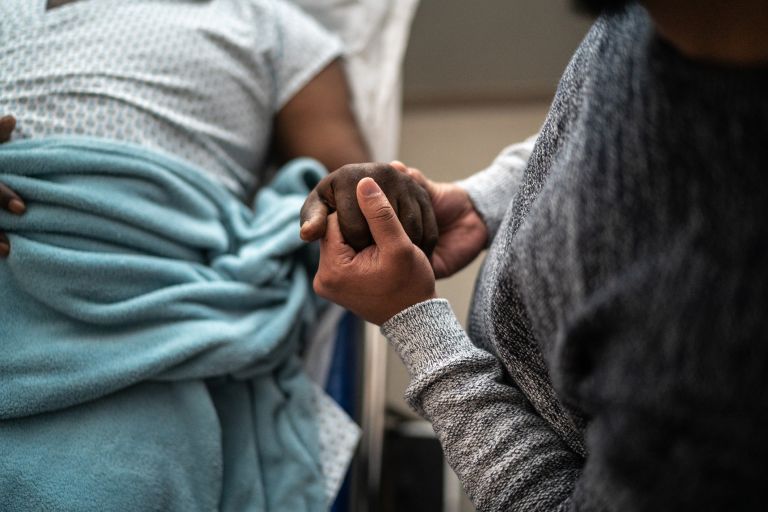Information for groups of people at higher risk
Steps to keep yourself safe
- Stay up to date with recommended COVID-19 vaccinations.
- Talk with your doctor now if you're at higher risk of severe illness. You may need a PCR test and be eligible for antivirals.
- Stay home if you have cold or flu symptoms. Wear a mask if you need to leave home.
- Call Healthdirect on 1800 022 222 or use the online Service Finder if you can't contact your doctor.
Find out more on protecting yourself from COVID-19.

Related COVID topics
Antivirals
You may be eligible for antivirals if you catch COVID-19. Speak to your doctor about whether antiviral medicines are suitable for you.
Visiting people who are at high risk
If you are visiting a high-risk setting such as aged or disability facilities, take steps to ensure you don’t spread COVID-19.
What COVID-19 test should I get?
If you have COVID-19 symptoms (runny nose, sore throat, cough or fever), contact your doctor for testing advice. Learn more about what COVID-19 test you should do.
Advice for people exposed
If you have been exposed to COVID-19, use this advice to understand your risk and what you can do to protect yourself, your family and your community.
Support with getting vaccinated
If you would like help with getting a vaccine, call Healthdirect on 1800 022 222
Easy Read facts on COVID-19
Get clear information about COVID-19 in our collection of Easy Read webpages.
COVID-19 information services
COVID-19 enquiries
- In an emergency, call Triple Zero (000)
- Coronavirus Disability Information Helpline – 1800 643 787
In-language support
Free help in your language – call the Translating and Interpreting Services




